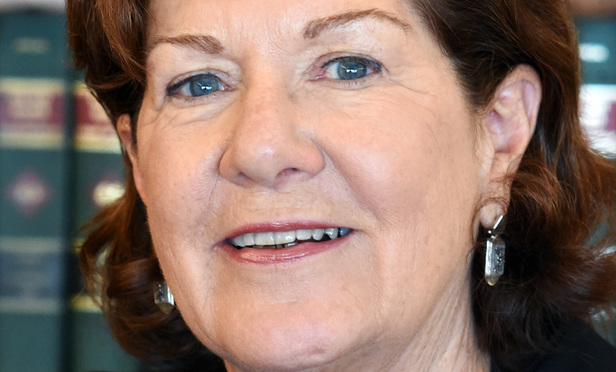To guarantee access to justice, we must do more than resolve disputes by applying the substantive law to a given set of facts. The law is paramount, of course, but justice is also about the manner in which decisions are made. Justice is about the fairness with which litigants are treated and their experiences with the legal process. When judges and lawyers use effective listening skills, treat individuals with respect and provide an opportunity to be heard, litigants are more likely to perceive the process as fair, even in the face of an adverse ruling.1 Given the daily stress of a life in the legal profession, we can easily overlook the critically important role of attorneys, judges and other participants in our judicial system in ensuring justice for all. Whatever our professional setting or practice area, we are in a unique position as legal professionals to affect the experiences of the people involved in life-changing legal matters, and their experiences will shape their attitudes toward our justice system and their faith in the rule of law.
Each of us can make a difference for justice. This week, during our Annual Meeting, I have the honor of participating as a panelist in two compelling programs. The first will be presented by the Committee on Women in the Law on Tuesday and will address, among other topics, the importance of women in the state and federal judiciary and the impact of this representation on the legal community and the public. The second, concerning implicit bias, will be presented by the Committees on Civil Rights and Diversity and Inclusion on Thursday.



